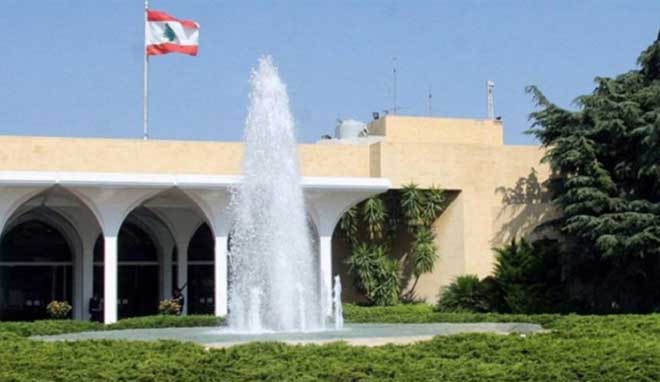Lebanon’s president and prime minister-designate traded barbs Wednesday, accusing one another of obstruction, negligence and insolence in a war or words that has for months obstructed the formation of a new government as the country sinks deeper into economic and financial crisis.
The power struggle between the premier-designate, Saad Hariri, on one side and President Michel Aoun and his son-in-law Gebran Bassil on the other, has worsened despite warnings from world leaders and economic experts of the dire economic conditions tiny Lebanon is facing. The World Bank on Tuesday said Lebanon’s crisis is one of the worst the world has seen in the past 150 years.
In a reflection of the growing turmoil, scores of Lebanese lined up in front of ATM machines late on Wednesday, after a top court suspended a Central Bank decree that allowed them to withdraw from dollar deposits at a rate two and a half times better than the fixed exchange rate.
The Lebanese pound, pegged to the dollar for 30 years at 1,507, has been in a free fall since late 2019. It is now trading at nearly 13,000 to the dollar at the black market.
Lebanon is governed by a sectarian power sharing agreement but as the crisis deepens, members of the ruling elite bicker over how to form a government that will have to make tough decisions.
Hariri, who was tasked by Aoun to form a Cabinet seven months ago, blames the president for the months-long delay, accusing him of insisting on having veto power in the upcoming government.
Aoun, an ally of the powerful militant Hezbollah group, has said that Hariri did not shoulder his responsibilities in forming a government they both can agree on. There is no legal avenue for the president to fire the prime minister-designate, who is chosen to the post by a majority of lawmakers.
The rift has paralyzed the cash-strapped country, delaying urgently needed reforms. The economic crisis, which erupted in 2019, has been compounded by the impact of the coronavirus pandemic on Lebanon and a massive blast at Beirut’s port last year that killed over 200 people and defaced a big section of the capital.
The crisis has driven more than half of the population into poverty, caused the local currency to lose more than 85% of its value, and prompted banks to lock deposits through informal capital controls, eroding trust in a once-thriving banking sector.
The Central Bank announced late Wednesday it was accepting the decision, prompting the queues outside ATMS. One man said he went from one ATM to another to withdraw as much as he could. Another complained that people’s savings are at the mercy of corrupt politicians.
Source : BBC News







